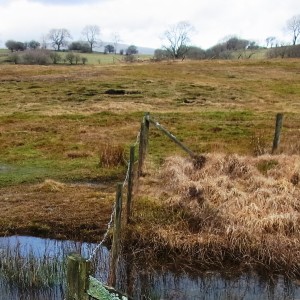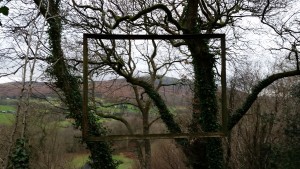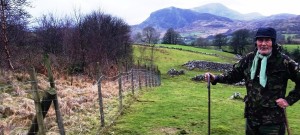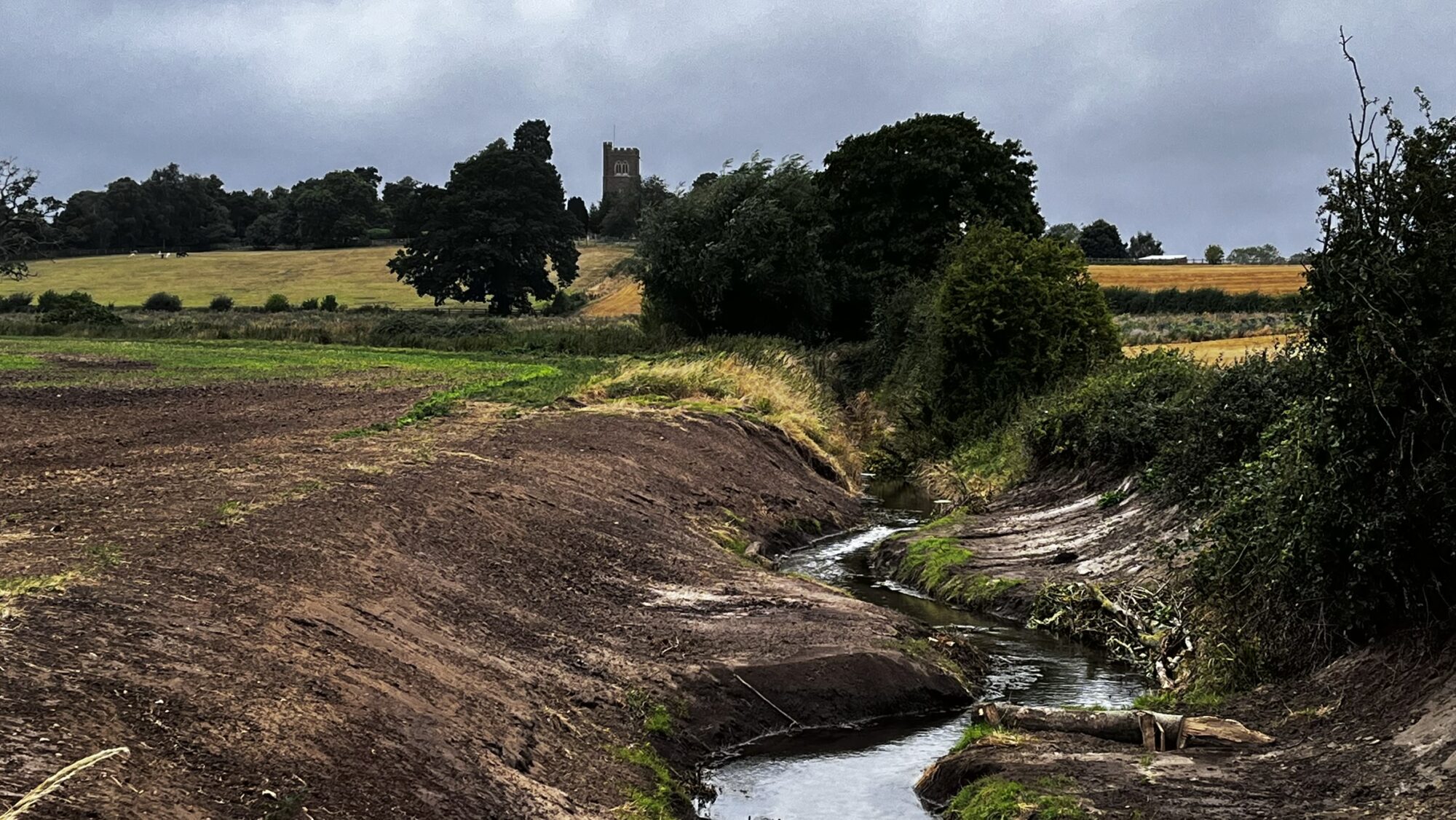The more we explore different land uses, the more complexity we discover, the more we must accept elements of change – especially in the uplands.

Much of the UK land area is upland, home to a sliver of our population. Of which a tiny slice actually work the land within industries from farming and forestry to conservation, shooting and tourism – all relevant topics to an enquiry on the uplands.
I like the word enquiry. It is not talking ‘at’ an audience, it is not a bear-pit debate of polarised views, it is not a vague discussion. An enquiry is for those with curious minds seeking to make up their own freethinking views – over partisan crowds, blind ‘discipleship’ or foaming media.

‘Framing an enquiry’ is key. Looking back can be as important as forward – especially when talking about alternative land uses in competition with existing land uses, many deeply cultural, formed over centuries. When I introduce a subject to an audience, whether setting out a narrative to walkers on a walking festival exploring forestry or grouse shooting, National Trust rangers or an auditorium of rewilders, requires one to paint the whole canvas, including the background context, not just the picture they want to see.

Back in 2009, Natural England “Vital Uplands – a 2060 Vision for England’s uplands”. Put another way, the govt was proposing a sustainable uplands land management including forestry playing a bigger role, alongside reducing flooding, stabilising peat loss etc. It’s archived now. Pity, as the modern sexier, albeit sometimes toxic, phrase is called rewilding.
It’s not easy to frame nuanced environmental matters in the media. Distracted audiences, short time frames, info deficit, word count restrictions and set-to promoted to raise ‘heat’ (therefore ratings) all skewer an ability to debate informed opinions alongside equally valid opinions from wider viewpoints.
Being asked to cover rewilding for BBC Farming Today in a short interview, was as tricky as writing a piece on wildlife conservation for The Times‘ Thunderer in under 400 words.

Rather than paint ourselves into idealistic corners to just garner partisan plaudits, but let’s find better ways to frame complex issues, enable communication of diverse ideas, frame other narratives, challenge public opinion perception – in the long term aim of seeking to deliver public benefits in remote rural places.
- Launched 2019 Rob Yorke Reconciliation Countryside
Updated April 2019

Succinctly put. Can we? Yes, because I’m an eternal optimist. I’ve observed over years the protagonists loose their arguments through their defensive or attacking combative approaches. The losers in the end were the wildlife.
It has taken many years but the emergence of quieter, more focused questioning and partnership actions is, thank fully for wildlife, steering us into calmer waters.